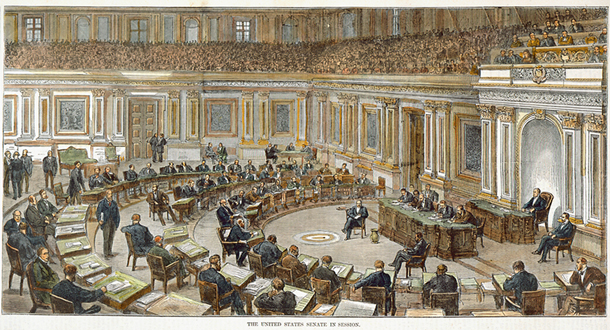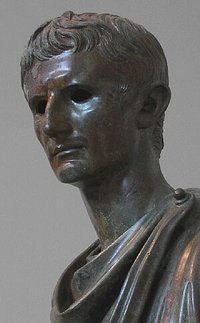Democracy in Iraq?
The current situation in Iraq makes me wonder if Democracy is the right form of government for that nation.
A Democracy (Rule by the People) is the allowing of people's opinions and desires to dictate the outcome and path at which a nation-state takes concerning public policy. Generally this is achieved through elections or in the case of California, ballot initiatives. A Democracy is for the most part galvanized by public opinion, which tends to shift and mutate from day to day. Officials of the government are usually elected to their post directly from the voting public. They are also tasked with enacting laws based on the will of the people.
A Republican (Rule of Law) form of government is the representation of the people's will through elected officials chosen by the electorate. The people of a particular nation-state send respected individuals to a forum or body of government, where by these elected officials make law based on the best interest of the people. At the core of a Republican form of government is the distrust of the people's opinion to make the right decision regarding trying matters of governance. Due to the quick shift or fickleness of the people, a Republican form of government does not act in haste. Rather a Republican form of government follows a set standard of laws by which to govern a nation-state.
Now in Iraq there are two major factions: Shiite and Sunni. They are divided by their interpretation of Islam and as well geographical makeup. The divide is rooted some thirteen centuries ago following the passing of the Prophet Muhammad.
- The Sunnis believed that the successor to Muhammad should have been chosen through an electoral process.
- The Shiite believed that the successor to the Prophet Muhammad should have been selected from the Prophet's bloodline.
What held them together following the creation of Iraq (Post Ottoman Empire) was the rule of a strong-man. A secular dictator with the command and fear of his people was able to hold together their differences. Now this nation is without such a strong-man force by which to hold the nation together through fear and oppression. But what is the proper course for the Iraqis to follow?
First off, I believe that the greatest form of government is a Republic. It allows cooler heads to prevail during trying situations. I wish the United States would move past its fixation with Democracy and realize it is a Democratic-Republic (Save for another post). But for Iraq I have more questions than answers. . .
-Can Iraq come together as a Democracy with such great division?
-Would a Republic even fix the issues that Shiites and Sunnis have with one another?
-Will another strong-man leader evolve from the pack to bring the nation together?
-Is splitting the nation into several smaller nations a plausible solution?
-Are some nations meant to be ruled by one person?
Can the United States and the policies of President Bush force a nation to accept a form of government which is reliant on unity and cooperation when religious prerogatives are held so deeply that they cause division and violence?
Just because "Democracy" works in the United States and other Western civilized societies does not automatically ensure that such a form of government will work everywhere.


